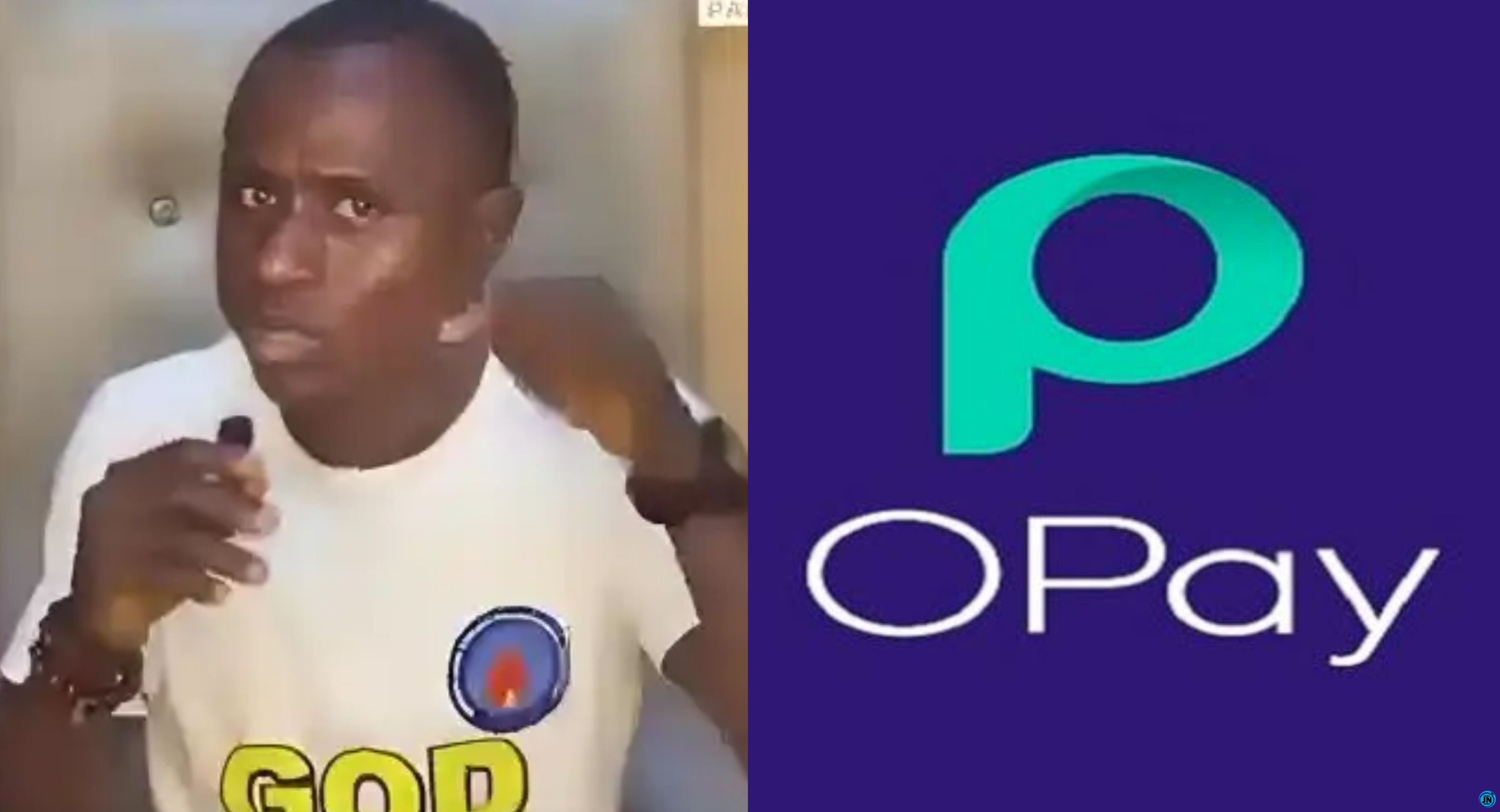
A Nigerian prophet, Aliyu Barnabas, who sparked controversy after predicting that digital banking giant OPAY would crash, has now publicly apologized to Nigerians and the company in a heartfelt message. His apology comes after intense backlash and demands from social media users who insisted he retract his prophetic claim.
Days earlier, a clip of the prophet made waves online where he emphatically declared that OPAY would collapse between October and December 2025. The prophecy quickly generated panic among some users, debates across social media, and calls for accountability.
Public Outcry After Prophecy Goes Viral
The viral prophecy triggered strong reactions, with many Nigerians urging OPAY to take legal action over what they described as a potentially harmful false prediction. Others criticized the prophet for issuing a statement capable of causing fear among millions of users and investors in a thriving fintech company.
Some social media users argued that such declarations could affect public trust in financial institutions and damage business reputations, hence their pressure for a retraction.
Prophet Issues Public Apology
In response to the uproar, Prophet Aliyu Barnabas publicly apologized, making it clear he meant no harm. He explained that he only spoke based on what he believed was divine instruction and did not intend to negatively impact the company or livelihoods tied to it.
He said: “As una no, I did prophecy concerning OPAY. I no get intention to spoil any person business. I’m sorry if that prophecy spoil any person business. I no just purpose to prophecy; na wetin God send me do. I’m sorry — that prophecy is withdrawn in Jesus’ name.” He went on to stress that his core message is love and peace, adding, “Let love lead.”
The prophet’s public retraction aims to calm tensions and rebuild trust, particularly as fintech platforms like OPAY play a vital role in Nigeria’s economy and daily financial activities.
Reactions Trail His Apology
Following the apology, Nigerians once again flooded social platforms with mixed responses. While some praised the prophet for admitting his mistake, others questioned the motive behind such prophecies and called for greater responsibility from religious leaders.
King wrote: “Had the prophecy come true, he would've been hailed as God’s messenger. But now? It’s just noise. Many use prophecy for attention.”
Israel Usolor said: “Important institutions shouldn’t be targeted with negative prophecies. The consequences could be severe.”
Omega X D added: “Visions from their own minds, not the LORD. Jeremiah 23:16.”
ObaSapy commented: “Why not prophesy against corrupt officials? But fintech companies? These ‘prophets’ no carry Elijah spirit at all.”
Imo wrote: “Imagine the damage he could have caused. If OPAY sues, he should face it.”
Mubarak said: “Lol. OPAY should sue him for trying to tarnish their goodwill.”
The incident has reopened discussions about accountability in prophecy, misinformation, and the impact of public declarations on businesses and the economy.
Watch the video here…
’I Didn’t Intend to Harm’ – Pastor Says Sorry After Predicting Opay Crash pic.twitter.com/68CPi46zue
— Instablog9ja (@instablog9ja) October 30, 2025